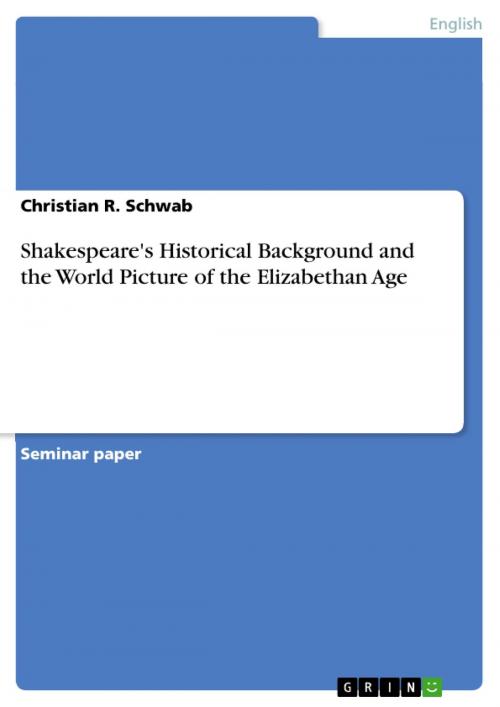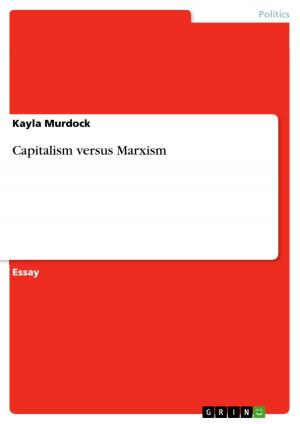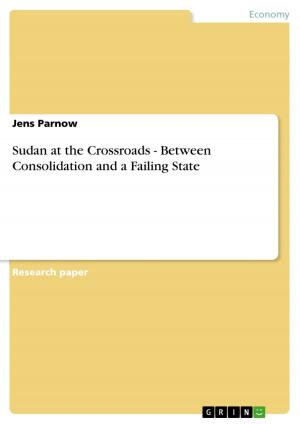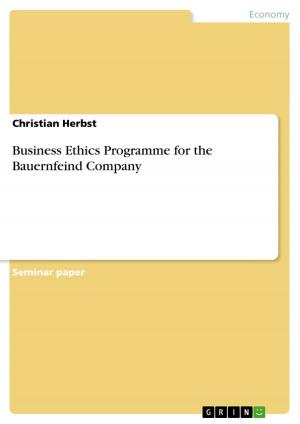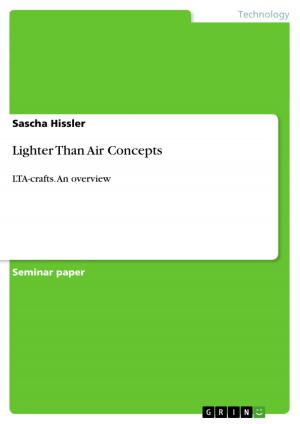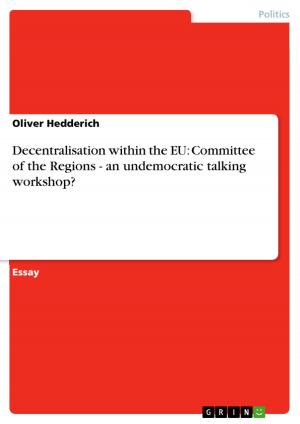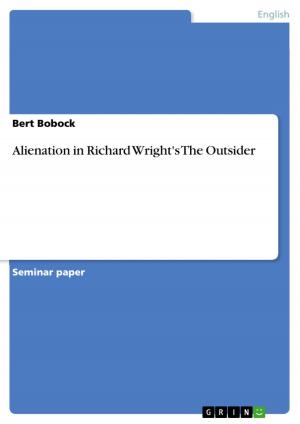Shakespeare's Historical Background and the World Picture of the Elizabethan Age
Fiction & Literature, Literary Theory & Criticism, British| Author: | Christian R. Schwab | ISBN: | 9783638623018 |
| Publisher: | GRIN Publishing | Publication: | March 8, 2007 |
| Imprint: | GRIN Publishing | Language: | English |
| Author: | Christian R. Schwab |
| ISBN: | 9783638623018 |
| Publisher: | GRIN Publishing |
| Publication: | March 8, 2007 |
| Imprint: | GRIN Publishing |
| Language: | English |
Seminar paper from the year 2005 in the subject English Language and Literature Studies - Literature, grade: 1,0, Catholic University Eichstätt-Ingolstadt, course: HS Shakespeare's Major Tragedies, 9 entries in the bibliography, language: English, abstract: William Shakespeare may never have existed - or at least that is the point some scholars are trying to make. This paper is going to follow the opinion of the vast majority of literary experts and assume that Shakespeare did, in fact, exist. But mere existence is never enough. 'No man is an island, entire of itself,' as John Donne liked to put it. The environment you live in and the surroundings that influence and inspire you are utterly significant. Future historians ourselves, we were taught that the present is a time span that doesn't even last three seconds. After that, it's the past. But the past is not the same as 'history' itself. History is what historiographers have managed to reconstruct of the past, using archaeological, philological, literary, and other sources. As we are happy enough to know a lot about Shakespeare's times, it would be foolhardy and arrogant to ignore this knowledge and focus on the plays themselves, letting the circumstances that they were written in slip out of our range of view. It may be taken for granted that Shakespeare was indeed influenced by his historical environment, but nobody can say for sure to what extent. What if Shakespeare had lived in ancient Roman times or in the Cold War period? Would he have written different plays? To decide to what extent he was influenced is the task of those scholars who actually do research on the plays. This paper, however, will focus on the actual socio-political, economic, and religious background of Sir William Shakespeare, particularly on the rule of Elizabeth I and James I and on the Elizabethan World Picture with its various manifestations in the English state during Shakespeare's lifetime.
Seminar paper from the year 2005 in the subject English Language and Literature Studies - Literature, grade: 1,0, Catholic University Eichstätt-Ingolstadt, course: HS Shakespeare's Major Tragedies, 9 entries in the bibliography, language: English, abstract: William Shakespeare may never have existed - or at least that is the point some scholars are trying to make. This paper is going to follow the opinion of the vast majority of literary experts and assume that Shakespeare did, in fact, exist. But mere existence is never enough. 'No man is an island, entire of itself,' as John Donne liked to put it. The environment you live in and the surroundings that influence and inspire you are utterly significant. Future historians ourselves, we were taught that the present is a time span that doesn't even last three seconds. After that, it's the past. But the past is not the same as 'history' itself. History is what historiographers have managed to reconstruct of the past, using archaeological, philological, literary, and other sources. As we are happy enough to know a lot about Shakespeare's times, it would be foolhardy and arrogant to ignore this knowledge and focus on the plays themselves, letting the circumstances that they were written in slip out of our range of view. It may be taken for granted that Shakespeare was indeed influenced by his historical environment, but nobody can say for sure to what extent. What if Shakespeare had lived in ancient Roman times or in the Cold War period? Would he have written different plays? To decide to what extent he was influenced is the task of those scholars who actually do research on the plays. This paper, however, will focus on the actual socio-political, economic, and religious background of Sir William Shakespeare, particularly on the rule of Elizabeth I and James I and on the Elizabethan World Picture with its various manifestations in the English state during Shakespeare's lifetime.
